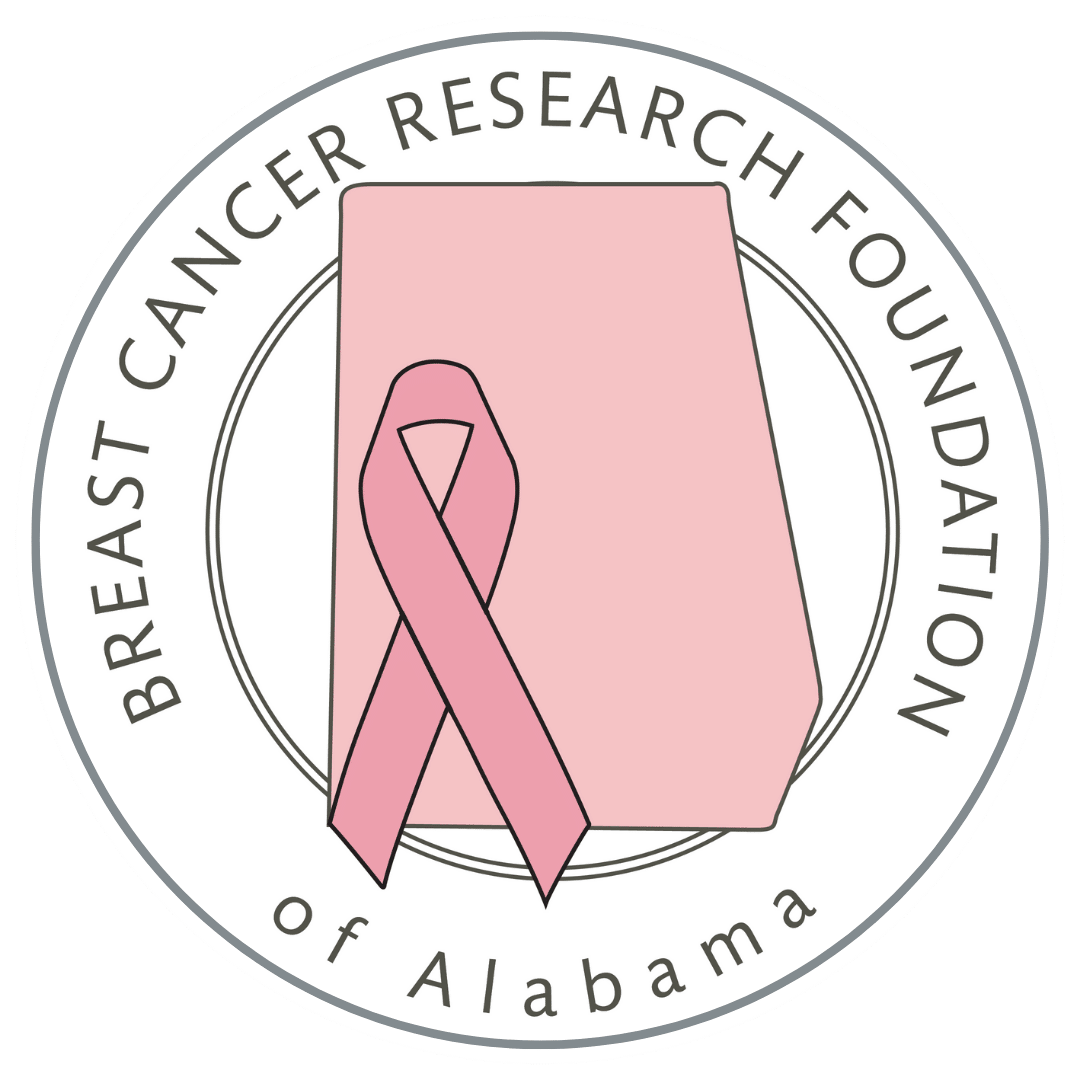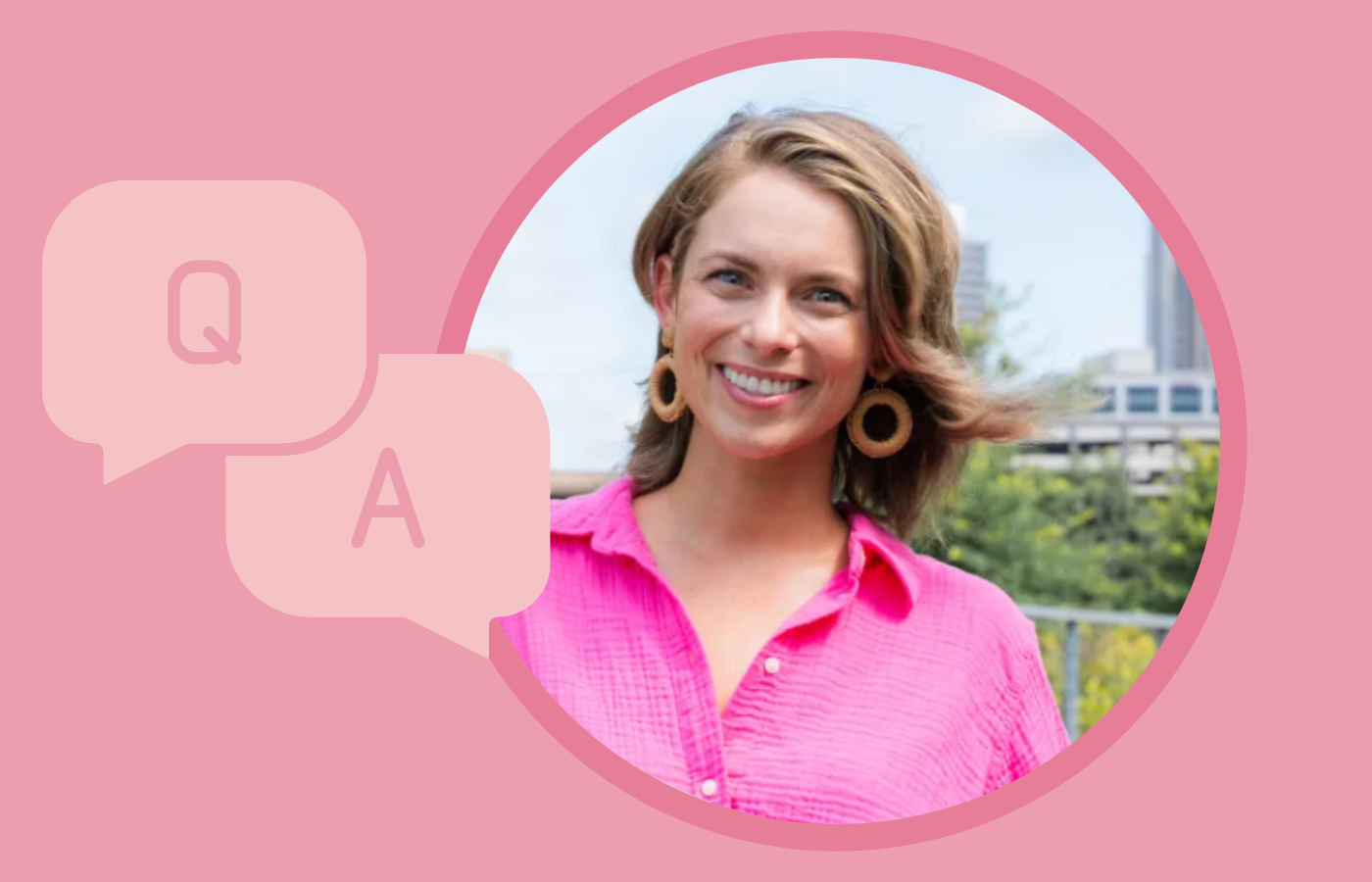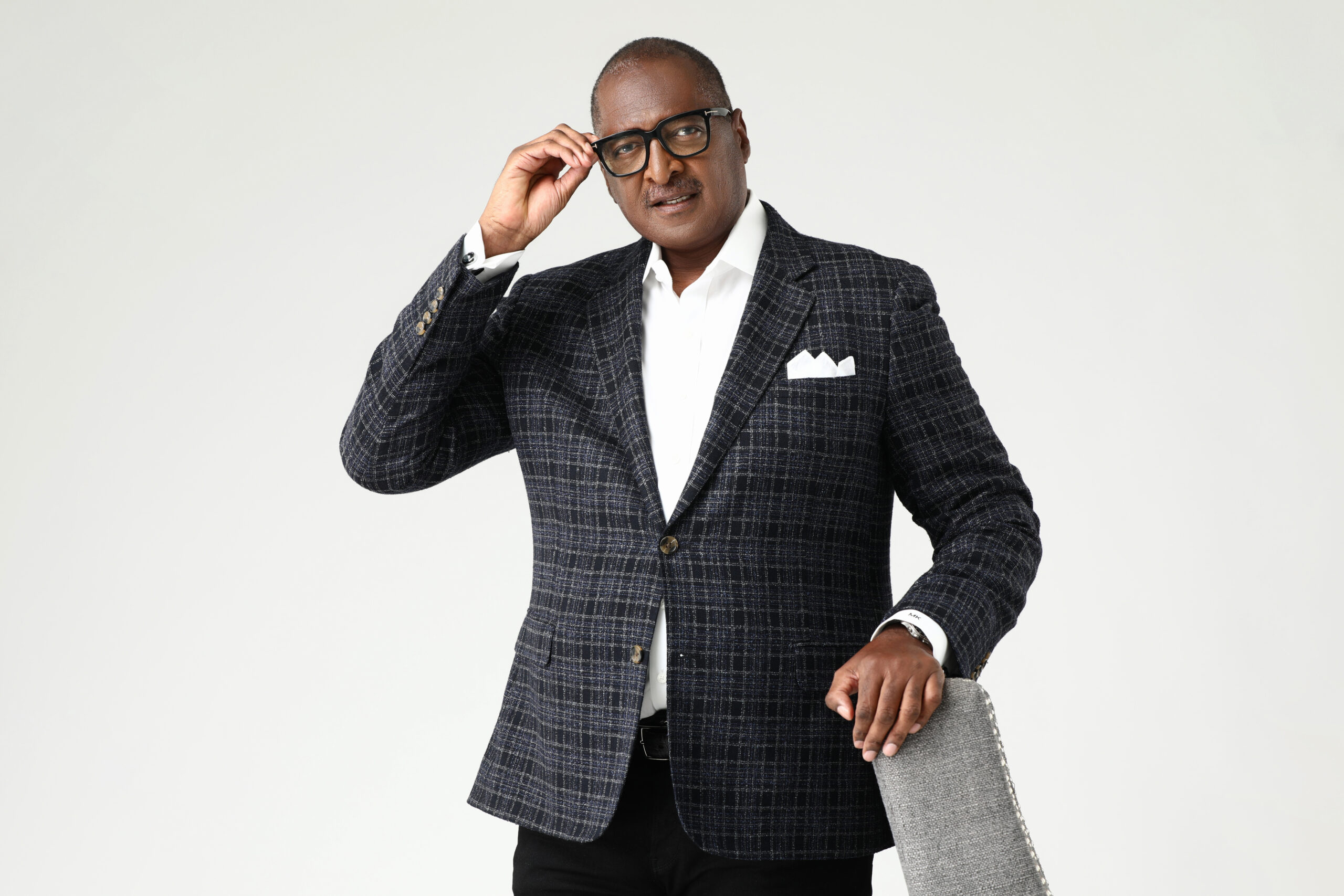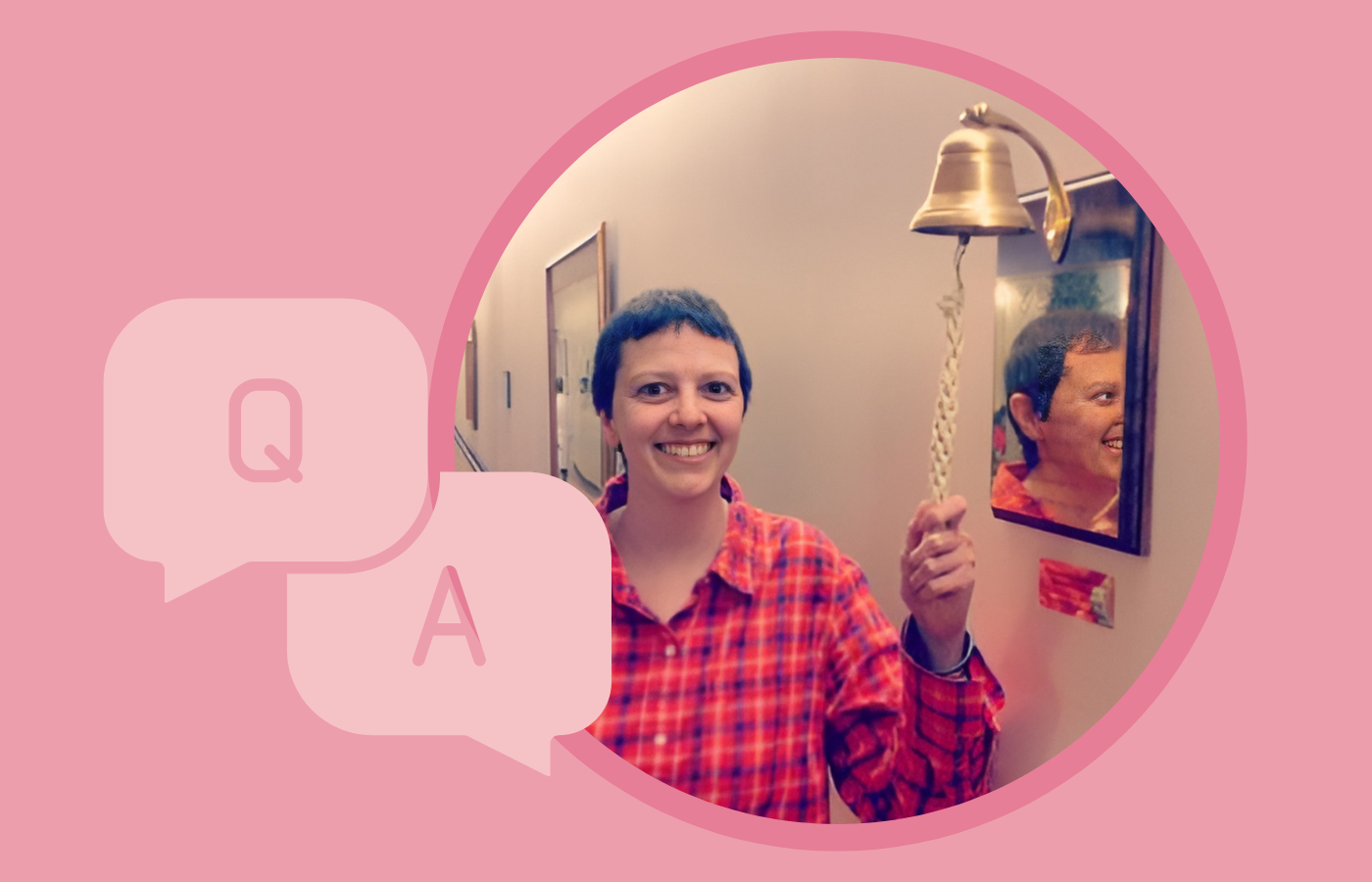With a family history of breast cancer, Chelsea bravely decided to undergo genetic testing to proactively assess her risks. She made this decision after witnessing her grandmother and grandmother-in-law conquer breast cancer. Keep reading as Chelsea shares her empowering story about the power of knowledge.
BCRFA: Can you share with us your connection to breast cancer? Does your family have a history of it? 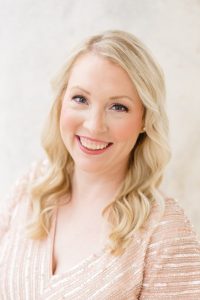
Chelsea Morton: My grandmother was diagnosed with breast cancer in her 70s about two years ago. She had a lumpectomy and did not have the BRCA gene mutations. The doctors said that hers was a super rare kind. My grandmother-in-law had triple-negative breast cancer, and seeing everything that they both went through made me want to get tested.
BCRFA: How did you learn about genetic testing for hereditary breast cancer? (Did your doctor tell you, or did a friend/family member inform you)?
Chelsea Morton: I learned about genetic testing through my friend, Erica. I was around when her mother was diagnosed with breast cancer, and Erica told me that she had undergone genetic testing to find out if she carried the gene mutations. Once genetic testing came on my radar I wondered if I might have a gene mutation.
BCRFA: How did you go about getting the genetic testing done?
Chelsea Morton: To do the testing I went through my OBGYN, and I told her that I wanted to be screened for it and they did the testing while I was pregnant with my son.
BCRFA: What were your results?
Chelsea Morton: I have the BRCA2 gene mutation.
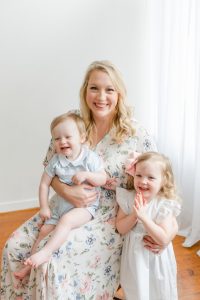
BCRFA: How did you feel after receiving your results?
Chelsea Morton: I had a weird feeling I might have something because I have autoimmune issues as well, so I just had a weird feeling that I might have something going on but I wasn’t as shocked as I thought and as a lot of people probably are when they find out.
BCRFA: What is your timeline for receiving ongoing screenings?
Chelsea Morton: I go to the UAB Breast Health Clinic for screenings every six months. They alternate between an MRI and a mammogram every six months to check for any abnormalities or concerns. If anything is found, they will conduct a biopsy using the appropriate screening method. Additionally, I have a yearly meeting with the Certified Registered Nurse Practitioner (CRNP).
BCRFA: Before you initially went to the doctor had you done self-examinations?
Chelsea Morton: I had done self-examinations before, but I had never felt anything; even when they found the suspicious spot on the MRI, it was so small and minor that it wasn’t anything that could be felt through self-examinations.
BCRFA: How old were you when you received your results?
Chelsea Morton: I was 29.
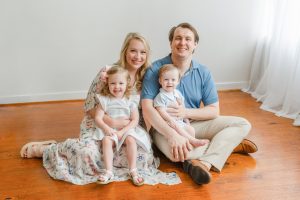
BCRFA: Why is it important for people to undergo genetic testing for breast cancer?
Chelsea Morton: Knowledge is power and there is so much that you can do to be proactive and stay ahead of everything when you have that information. That way, you can make an informed decision.
BCRFA: What advice would you give to younger people about early detection and advocating for themselves?
Chelsea Morton: I would say, absolutely get testing if there is a chance that you could have it, if you have a history of it in your family, or if you just simply want to get tested. That was kind of the position that I was in, I just wanted to get screened to see if I needed to be aware of anything because I wanted to be around for my family and my kids. I would say get the screening if you can because while it may be a little bit of money out of pocket if you don’t have a family history of it, it’s so worth it in terms of the knowledge that you receive and the peace of mind it can give you.
BCRFA: How do you feel knowing your results and having a team behind you?
Chelsea Morton: I have a lot more peace with it because I am being constantly monitored and I know that if something comes up, we will catch it early rather than just going through life not knowing. Because of the screenings I constantly have checks going on.
Thank you, Chelsea!
